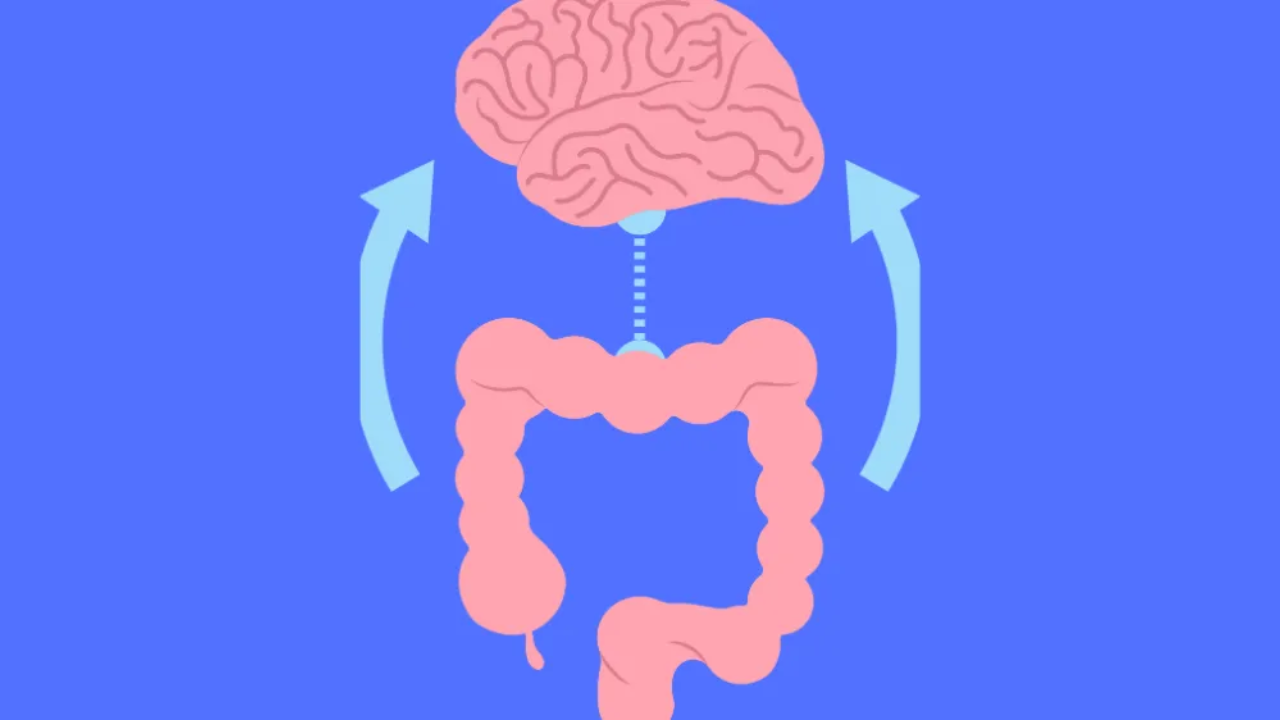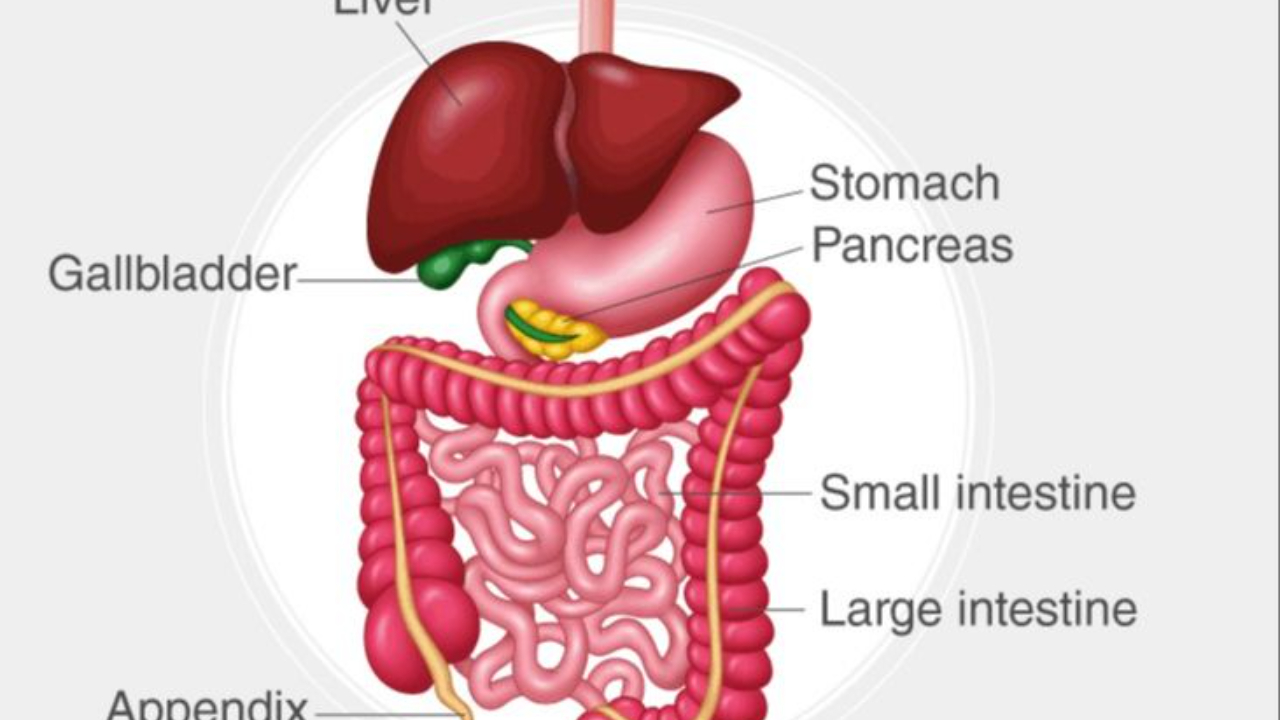Understanding Insomnia: Why We Can’t Sleep and What to Do About It

Sleep is one of the most basic human needs, right up there with food, water, and air. Yet for millions of people around the world, getting a good night’s sleep isn’t easy. Tossing and turning, staring at the ceiling, or waking up in the middle of the night can make mornings feel miserable. This condition—called insomnia—affects how we think, feel, and function. To understand how to fix it, we first need to understand how sleep works and what throws it off balance.
Sleep isn’t just “turning off” the brain. It’s a carefully coordinated process controlled by two main systems in our body: the sleep-wake cycle and the circadian rhythm.
The Sleep-Wake Cycle (Homeostatic Drive):
Think of this like a pressure gauge. The longer we stay awake, the stronger our body’s need for sleep becomes. Chemicals like adenosine build up in the brain while we’re awake, making us feel tired. Sleep releases that pressure by clearing away adenosine and repairing brain cells.
The Circadian Rhythm...
What to Eat Before a Morning Workout: Energize, Perform, and Recover

Start Your Day Like an Athlete
- The first meal you have can set the tone for your entire workout.
- Two people doing the same workout — one fuels properly, one doesn’t — vastly different energy and recovery.
- Why morning workouts need a different fueling strategy compared to afternoon/evening workouts.
Why Morning Workout Nutrition Matters
- You’ve been fasting for 6–8 hours — glycogen stores are low.
- Without proper fuel, you risk:
- Reduced performance
- Early fatigue
- Increased muscle breakdown
- Reduced performance
- How the right pre-workout meal + BCAA powder improves energy and recovery.
What to Eat Before a Morning Workout for Maximum Energy
Timing Your Pre-Workout Nutrition
- 30–60 minutes before: Light snack + optional BCAA drink.
- 2 hours before: Balanced meal if possible (for late-morning sessions).
Best Food Options
- Quick-digesting carbs: Banana, toast, oats
- Protein for muscle preservation: Eggs, Greek yogurt, protein shake
- Healthy fa...
What to Eat Before a Workout for Weight Loss: Smart Fueling

The Key to Burning Fat Without Losing Muscle
- Many people think skipping food before a workout burns more fat, but that can backfire by reducing energy and breaking down muscle.
- Fact: Strategic pre-workout nutrition can boost calorie burn, improve workout intensity, and protect lean muscle mass.
- BCAA powder for weight loss is a proven supplement to support fat loss and recovery.
- Expectation: Learn the best pre-workout foods, how BCAAs fit in, and exactly when to take them.
Why Pre-Workout Nutrition Matters for Weight Loss
- How pre-workout fueling affects fat metabolism.
- The link between muscle preservation and higher calorie burn.
- Why under-fueling can slow weight loss progress.
Macronutrients for Effective Fat-Burning Workouts
Protein – Muscle’s Best Friend
- Helps prevent muscle breakdown during training.
- Best pre-workout protein sources: Greek yogurt, boiled eggs, protein shakes.
Carbs – The Fuel You Still Need for Weigh...
The Gut’s Immune System and How It Works

When most people think about the immune system, they imagine white blood cells fighting off germs, or maybe vaccines helping the body remember how to defend itself. What many don’t realize is that one of the most powerful immune defenses we have is actually sitting in our belly—the gut. Our digestive system isn’t just about breaking down food and absorbing nutrients. It’s also home to one of the body’s largest and most active immune systems. In fact, experts estimate that around 70% of the immune system is located in the gut. This means that the health of your digestive system is deeply tied to how well your body fights off infections, allergies, and even long-term illnesses.
The gut, also called the gastrointestinal (GI) tract, is a long tube that runs from the mouth to the anus. Along the way are specialized organs like the stomach, small intestine, and large intestine, each with unique jobs in processing food. But the gut isn’t just a simple pipe. It’s lined with layers of cell...
The Gut-Brain Connection and the Importance of Lifestyle in Maintaining It

Over the past few decades, scientists have made a surprising discovery: your gut and your brain are closely connected. At first, this may sound odd—after all, your stomach and your head seem like two very different parts of the body. But more and more research shows that the “gut-brain connection” plays a powerful role in your overall health.
You might have noticed this connection in your own life. Think about the “butterflies” you feel in your stomach when you’re nervous, or that sinking feeling in your gut when you’re stressed or sad. These are everyday examples of how the brain and digestive system talk to each other.
This connection is so strong that some people now call the gut our “second brain.” Not only does it affect digestion, but it also influences mood, mental health, immune strength, and even long-term well-being. And here’s the good news: lifestyle choices—like diet, exercise, sleep, and stress management—play a big role in keeping this connection healthy.
The Sc...
Prayer and Your Health

When people talk about ways to improve health, the usual advice comes up—exercise more, eat better, get enough sleep, and manage stress. While all of those are important, there’s another practice that many people turn to for comfort, strength, and healing: prayer. Prayer is often thought of as a spiritual or religious activity, but it also has real effects on a person’s emotional, mental, and even physical health.
At its simplest, prayer is communication. It’s the act of talking with God, a higher power, or even just setting aside time to reflect quietly. For some, prayer is deeply religious, guided by their faith’s traditions. For others, it may be more personal—silent reflection, meditation, or simply expressing gratitude.
Prayer can take many forms and is influenced by one’s faith, culture, and individual beliefs. The following activities are viewed by many as a type of prayer:
Speaking aloud in a formal way, like reciting written prayers.
Talking to God in your own wo...
What Are the Best Herbal Supplements to Help Reduce Inflammation?

Inflammation is the body’s natural way of protecting itself from harm. When you get a cut, fight off a virus, or strain a muscle, your body sends white blood cells and chemicals to the affected area to heal it. That’s short-term (or acute) inflammation — and it’s usually a good thing.
The problem comes when inflammation sticks around longer than it should. This long-term (or chronic) inflammation can contribute to many health problems, including arthritis, heart disease, diabetes, and even some cancers. In these cases, calming the body’s inflammation response can help you feel better and protect your long-term health.
Along with a healthy diet, regular exercise, and good sleep, herbal supplements can be a helpful tool. Many herbs contain natural compounds that fight inflammation without the side effects some prescription drugs can cause. Let’s look at the most researched and effective herbal supplements for reducing inflammation, how they work, and what you should know before trying ...
What effect does exercise have on inflammation?

Why some exercises are better for reducing inflammation than others
Inflammation is your body’s natural defense system. When you get hurt, sick, or are fighting off an infection, your body sends out chemical signals to protect you and start the healing process. This can cause swelling, redness, warmth, and sometimes pain.
The two main types of inflammation are:
Acute inflammation – short-term, helpful, and part of healing (like swelling after an ankle sprain).
Chronic inflammation – long-term, low-level inflammation that can harm your body over time. This type is linked to health problems like heart disease, type 2 diabetes, arthritis, Alzheimer’s disease, and even some cancers.
While acute inflammation is good in the short run, chronic inflammation is bad news. It’s often caused by factors like poor diet, stress, lack of sleep, smoking, excess body fat, and—most importantly for our topic—lack of movement.
Exercise is like a natural medicine for inflammation. Exercise:
- R ...
Gut Health and Its Role in Fighting Disease

When we hear the word "gut," we usually think about our stomachs or maybe just that full feeling after a big meal. But the gut is so much more than that. It’s one of the most important parts of our bodies—especially when it comes to staying healthy and fighting off disease. In fact, more and more research is showing that our gut health is directly linked to our overall well-being.
In this report we will break down what gut health really means, how it affects the immune system, and why keeping our gut in good shape might be one of the smartest things we can do to stay healthy. We’ll explore how the gut works, what happens when it’s out of balance, and what we can do to keep it strong.
Let’s start with the basics. The term “gut” usually refers to your digestive system—especially your intestines. Your digestive system includes your mouth, esophagus, stomach, small intestine, large intestine (or colon), gallbladder, and even your liver and pancreas. But when people talk about gut health ...
The Ultimate Guide to Choosing the Best Resistance Bands for Every Workout

Discover the best resistance bands to boost strength, flexibility, and mobility. Learn how to choose, use, and care for your bands with Rock Manna’s expert guide.
Introduction: Strength Without the Gym
Did you know over 30% of U.S. adults use resistance bands regularly? With demanding schedules, rising gym costs, and limited home space, resistance bands have become a favorite among busy professionals seeking effective workouts without compromise.
Whether you’re aiming to build muscle, improve flexibility, or stay active during travel, this guide from Rock Manna will walk you through everything you need to know about choosing and using the best resistance bands for your lifestyle.
What Makes Resistance Bands So Effective?
Science-Backed Strength Gains
A 2019 study published in the Journal of Sports Science & Medicine showed that resistance band training can match the muscle gains of traditional gym equipment. The key lies in variable resistance: as the band stretches, the resista...
